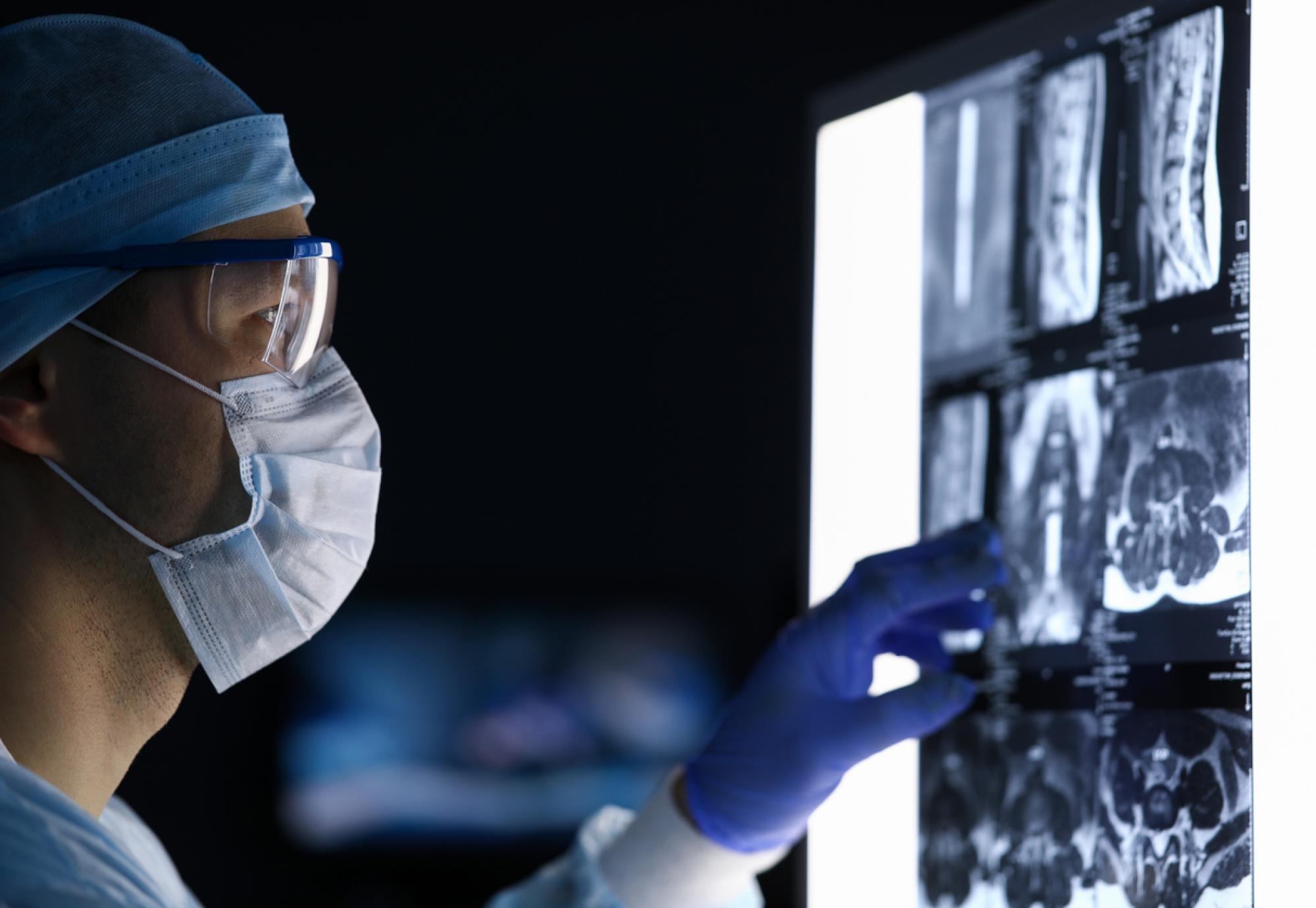NHS Wales is using the power of artificial intelligence (AI) to improve cancer diagnoses as the Welsh Government announces the launch of its new digital and data strategy for health and social care.
The IBEX Galen AI platform is now being tested at six health boards to see if it can help detect instances of breast cancer, following successful initial pilots analysing prostate biopsies.
The platform works by evaluating digital images of pathology samples before labelling which cases are more likely to be cancer. The AI tool does this with a traffic light system so clinicians can prioritise those most at risk.
The Welsh Government’s ambition is to make the technology a routine part of prostate cancer testing and establish whether its provision can be expanded into other areas.
Artificial Intelligence is changing how suspected prostate and breast cancer is being diagnosed in Wales.👩⚕️
— Welsh Government Health and Social Care (@WGHealthandCare) July 27, 2023
Following successful trials analysing prostate biopsies, AI is now being trialled in suspected breast cancer cases in @BetsiCadwaladr
👇https://t.co/2aJW8S9IJo pic.twitter.com/t3eIbgVrOB
The news comes in conjunction with the launch of a new digital and data strategy which sets out how healthcare organisations should use the latest innovations to improve care quality and patient health.
In addition to the IBEX platform, the Welsh Government highlights the NHS Wales app, the Welsh Ambulance Service’s electronic patient clinical record, the Welsh nursing care record, and the cancer informatics system all as trailblazing initiatives that the plan aims to promote.
“By embracing new technologies we can transform how we interact with the NHS, find new ways to save lives and increase performance across health and social care,” said Wales’ minster for health and social services, Eluned Morgan.
Betsi Cadwaladr University Health Board’s clinical director of North Wales diagnostic and clinical support services, Dr Muhammad Aslam, added: “I previously said the use of artificial intelligence for diagnosis and prognosis of cancers puts us ‘at the crossroads of an exciting new world.
“I firmly believe this and it is wonderful to see the use of, what I like to call assistive intelligence, is being replicated across Wales. I’m proud Betsi Cadwaladr was the first health board in the UK to forge a path with its clinical use, with the help of Welsh Government’s Small Business Research Initiative Wales funding.”
Image credit: iStock



















